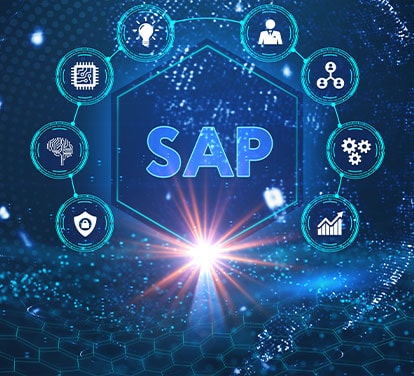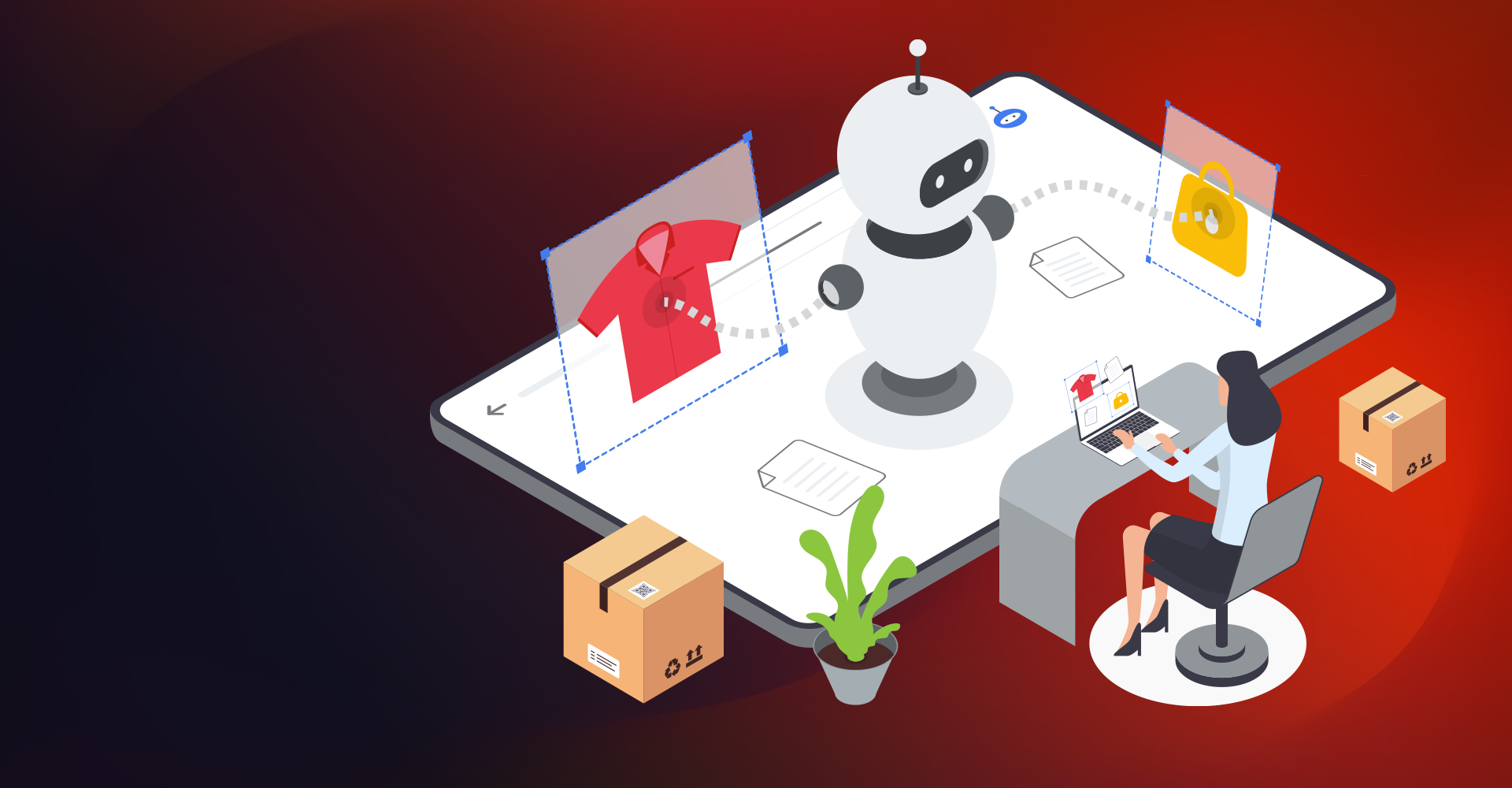NetSuite and Salesforce are two of the most popular SaaS providers catering to the ERP and CRM needs of businesses. Though NetSuite has a CRM module, most users prefer to combine the two applications to enjoy the best possible combination of the “Lead to Cash” process. A quick Google search shows that as of 2016 there were an estimated 20000 NetSuite users spread across 200 countries. It is anybody’s guess that this number would have most likely more than doubled by now. Similarly, Salesforce claims to be the number 1 CRM tool with more than 150,000 customers the world over.
Most users need an integrated solution wherein they can get the customer relationship data out of silos in CRM modules and into the accounting module for a comprehensive view of the business. In the absence of integration solutions, users tend to manually enter data in many instances, thus introducing human errors thus creating incorrect or un-clean data. An end-to-end Enterprise Integration Solution for Netsuite and Salesforce is thus a much-needed resolution to this challenge.
However, as Solution providers and Customers here are some very important considerations that you need to take into account whenever you evaluate the possibilities and business benefits of such a Solution so that you can derive maximum benefits from it:
- Identify Entities to be Integrated: There are several Objects and components within NetSuite and Salesforce. Every organization owing to its inherent business needs will need to identify exactly which entities need to be integrated. Integrating entities blindly will not serve the main goal of gaining visibility into specific data silos. At the same time integrating too many entities without thought will clutter the insights unnecessarily. Thus, we need to design exactly which entities need to be integrated eg: Accounts, Items, and Orders so that you are able to cater to specific business needs.
- Be ready with Data: Varying naming conventions and duplicate data make it difficult for integration solutions to optimize data insights. As businesses use a plethora of cloud solutions, keeping the data synchronized can be difficult. Thus, before you initiate the Integration Solution design and architecture -take time to clean and parse the data. Data Prep and Cleansing is time-consuming and needs planning.
- Identify Direction and Frequency of data flow: Again, as businesses and industries vary every business has a unique problem statement that they are trying to solve using Integration Solutions. Depending upon the problem statement and the other needs of the business it will have to identify the direction of the flow of data and identify the system from which financial and other reporting will be generated- basically identify the “source of truth”. You will have to figure out which is the master system for each entity- salesforce or NetSuite.
- Coordinate and Plan: To gain maximum benefits out of the Integration of Salesforce and NetSuite you need to plan ahead. Both systems need to be up and running at the same time for integration testing. If you are implementing both systems in parallel- Coordinate and plan the dates by which each of the systems goes live. To ensure this plan and coordinate details such as project start dates, Sprints, UATs, and Go-Live comprehensively such that system integrations can be tested working together.
- Test on Preview Release Sandbox: Cloud-based products such as NetSuite and Salesforce have their own release cycles. Please take note of these release cycles and attempt to perform testing on non-PROD instances that have the latest releases. Ensure UAT happens on the latest release which will be the same as PROD. Implementation testing on Preview releases will ensure that your integration solution is future-proof.
Above are some of the important points that need to be considered while developing an Integration solution for NetSuite and Salesforce. The essence of all these considerations is planning ahead. A comprehensive plan that involves these considerations will ensure that you can implement a successful integration free of escalations.













